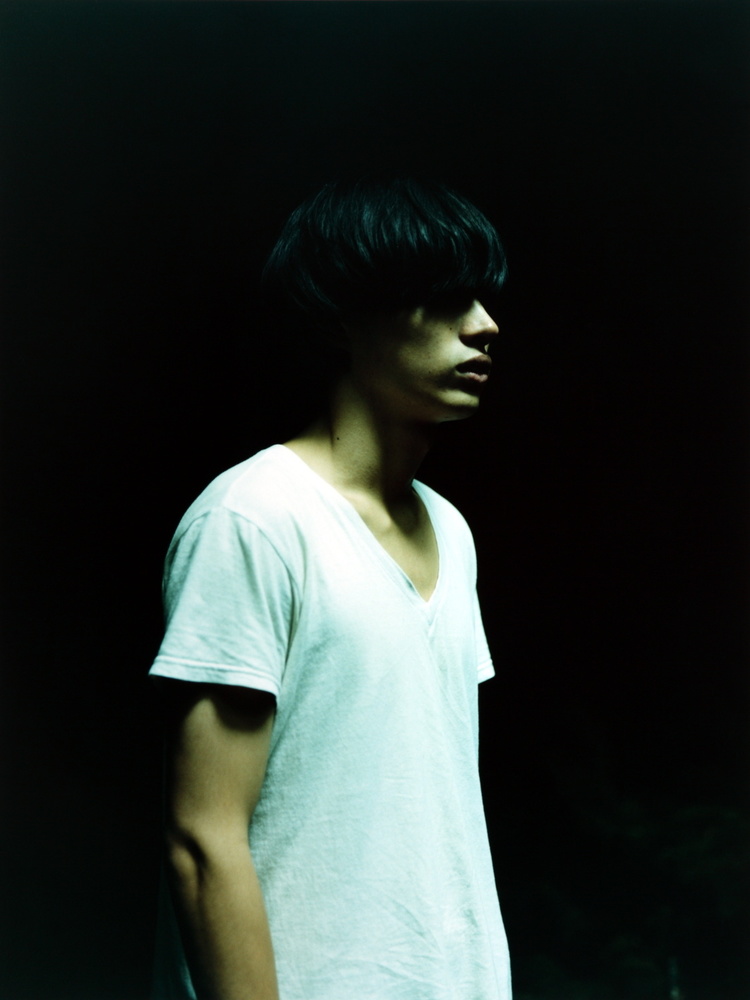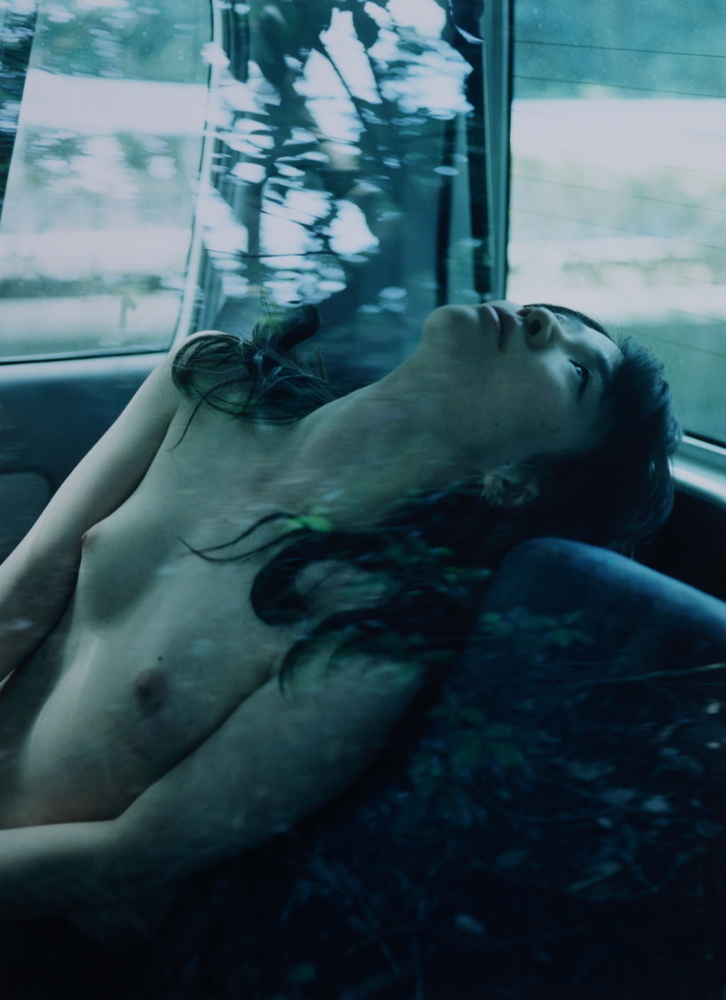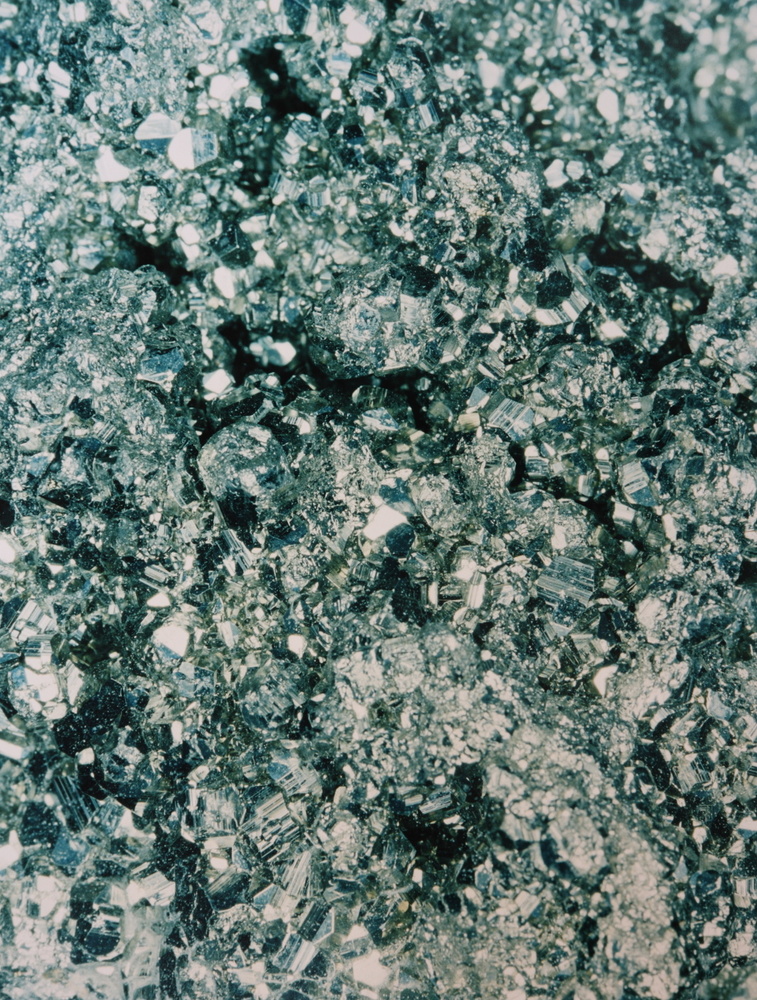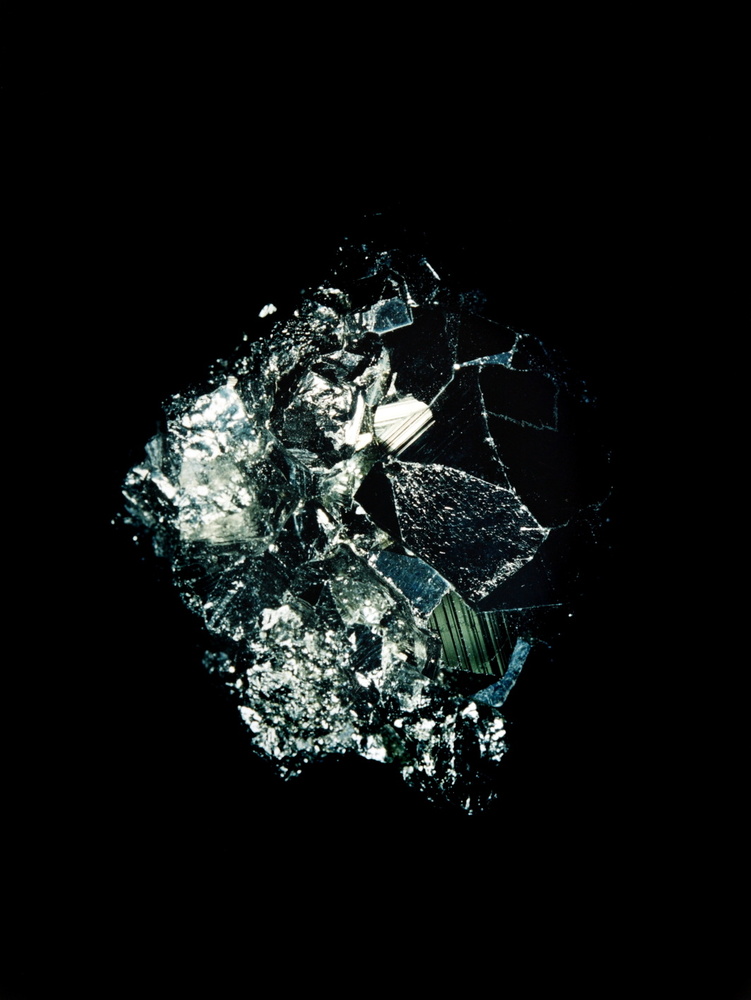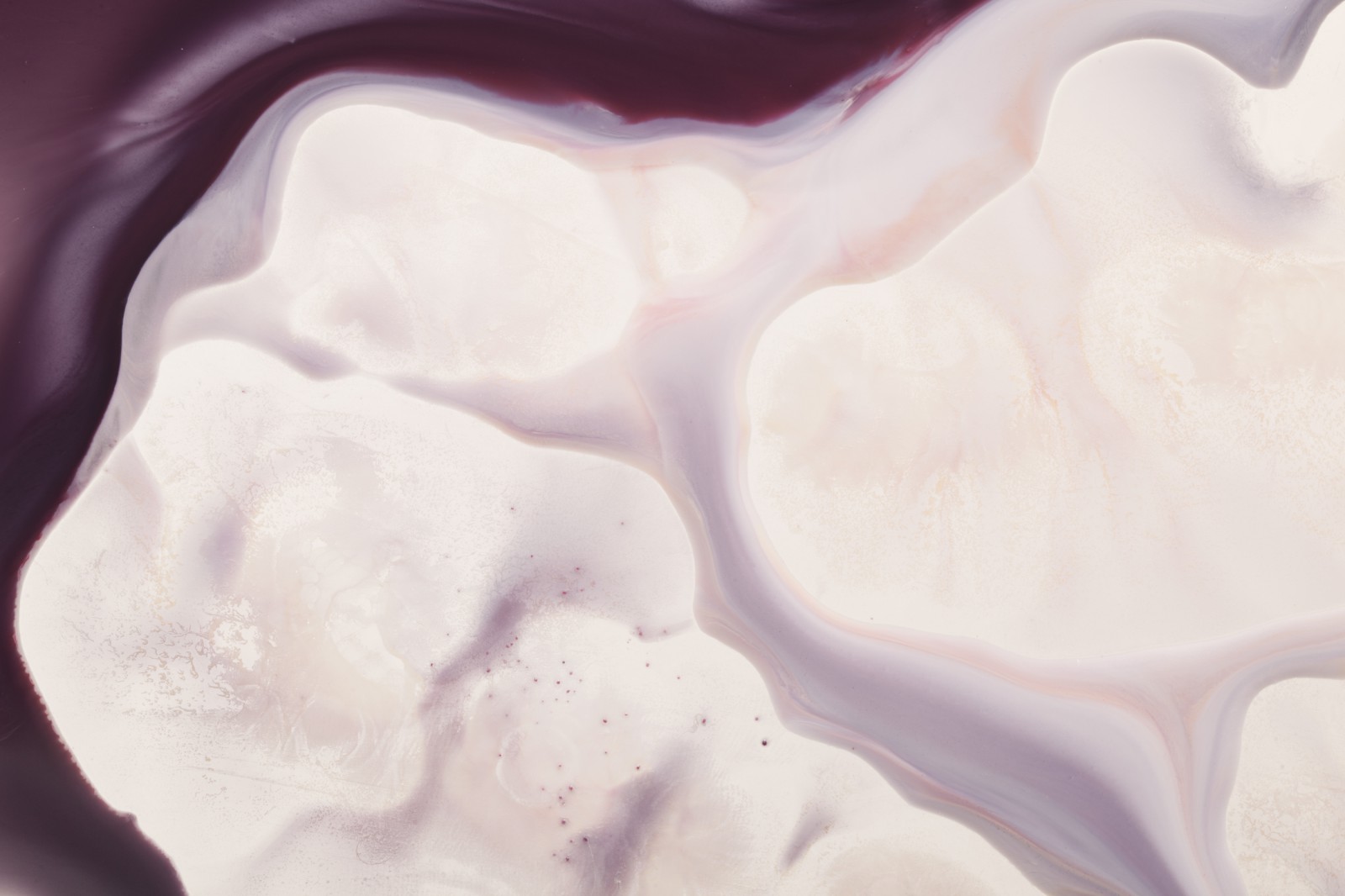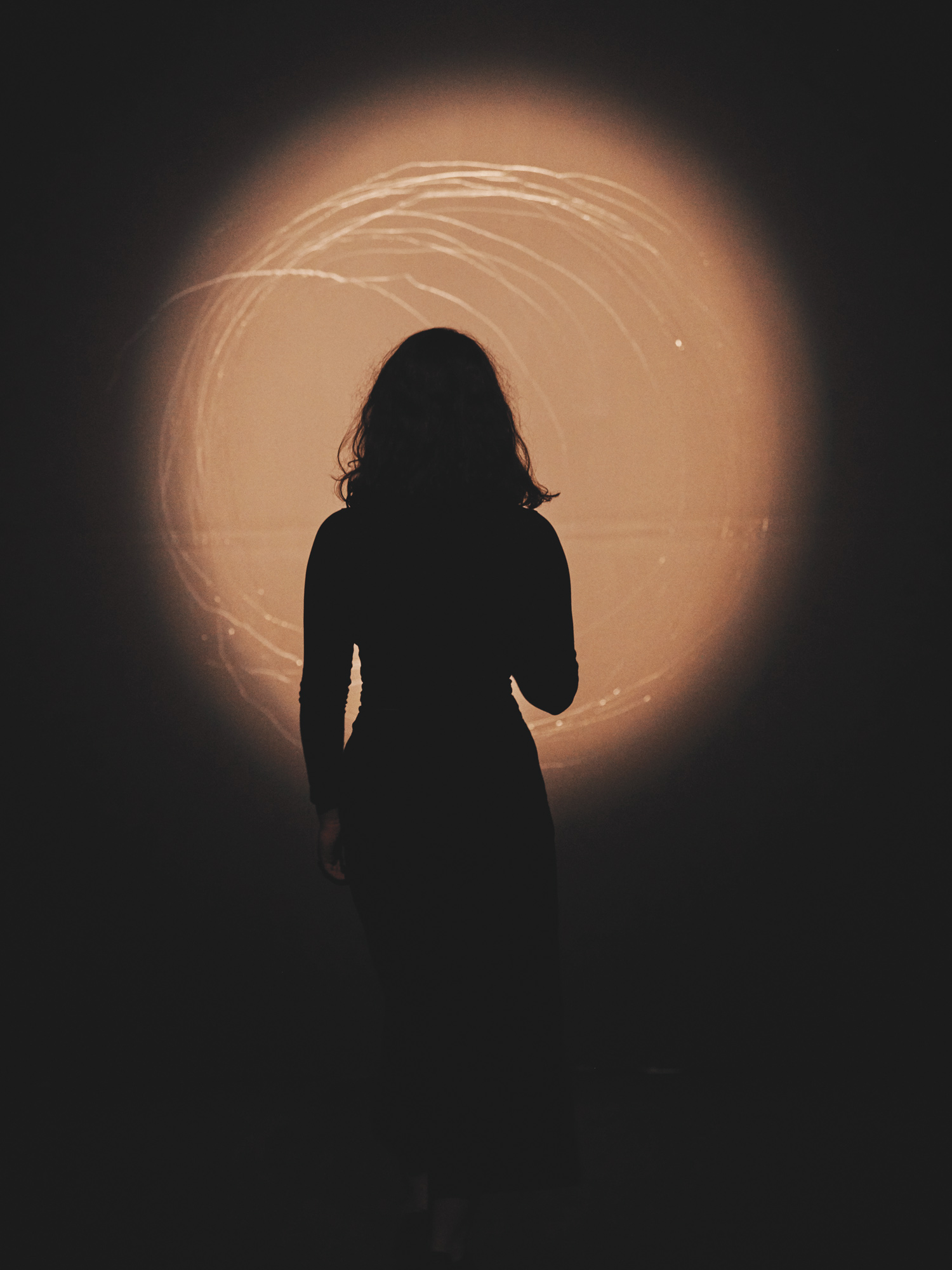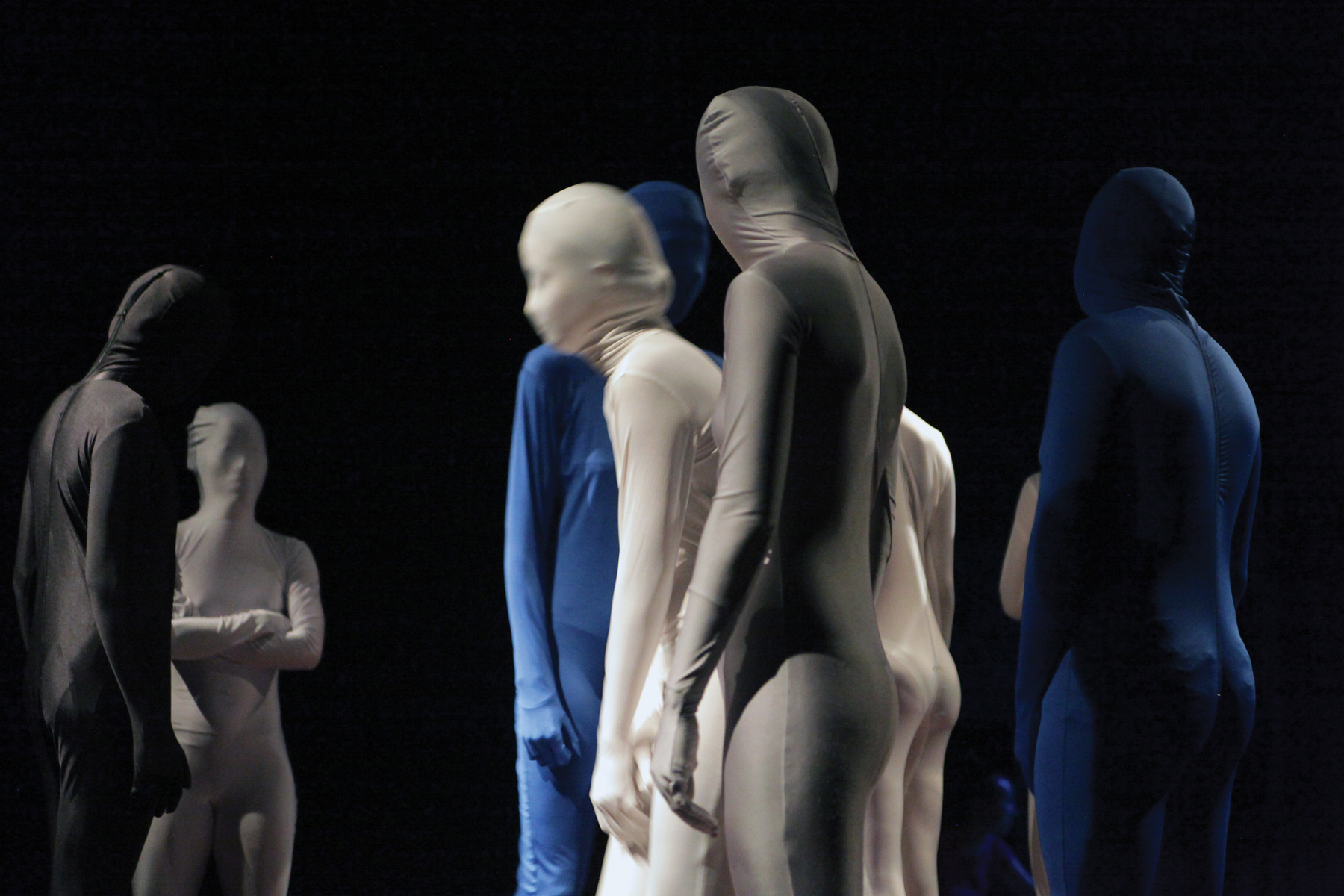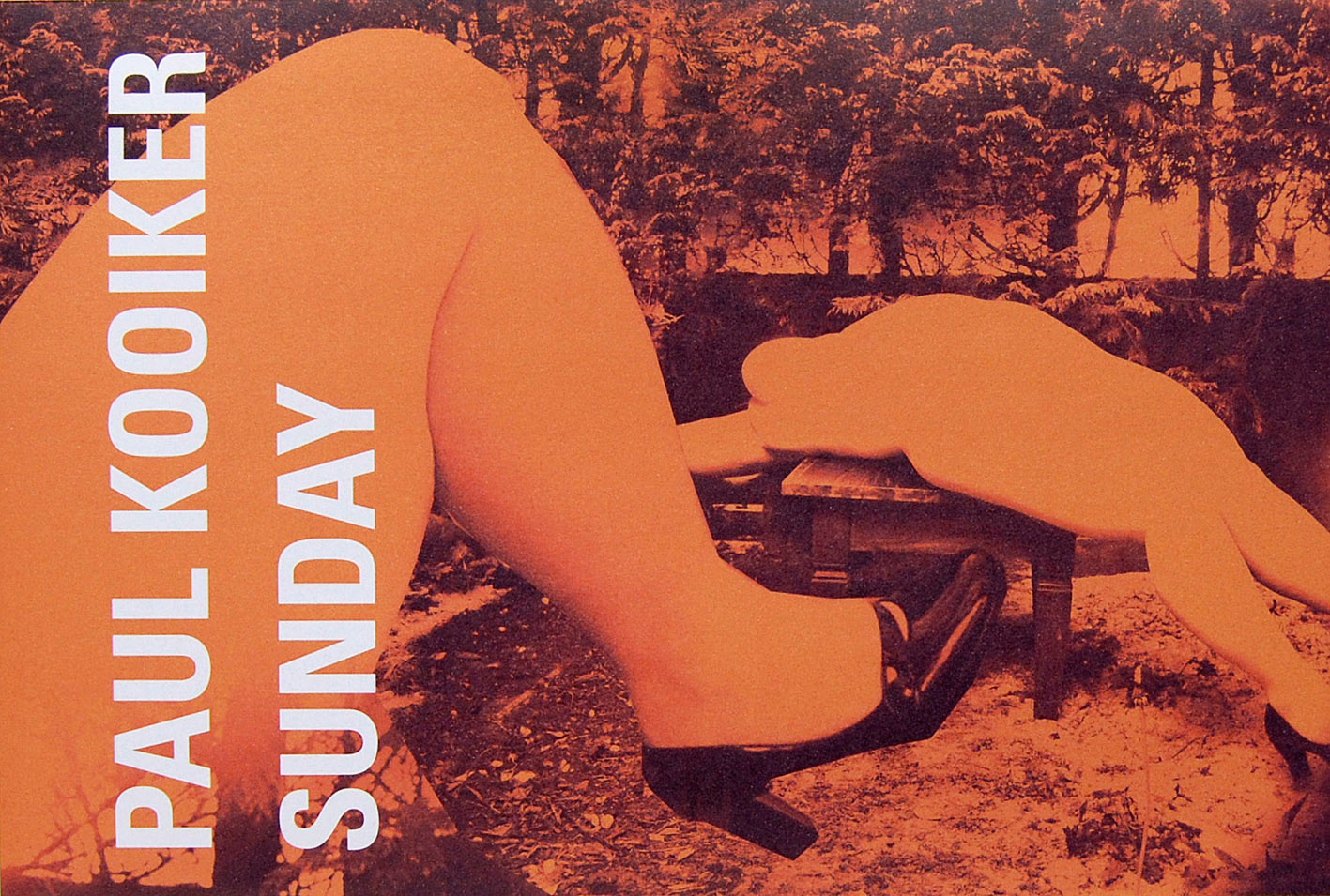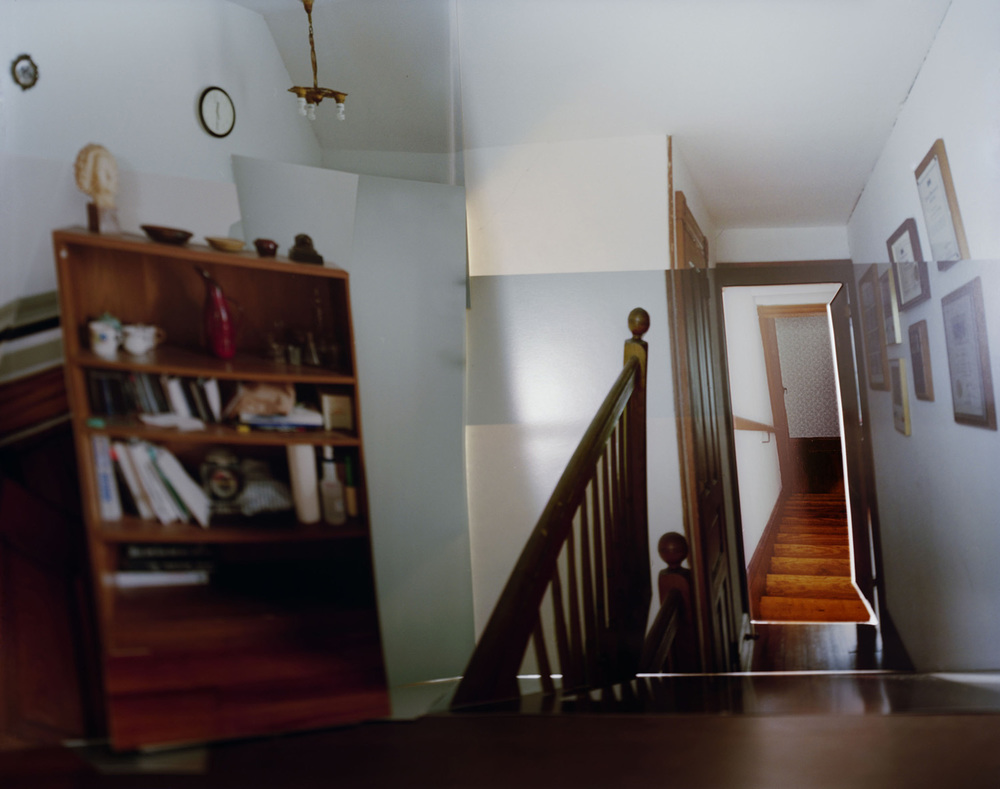Kazan
Text by Melanie Chua
Photography by Mayumi Hosokura
Text by Melanie Chua
Photography by Mayumi Hosokura
Mayumi Hosokura induces enigma. Her photography offers a deep poeticism that ebbs seduction. Yet instead of the usual accoutrements associated with both, she keeps her subjects bare. In the dream-like photographic series Kazan, literally so. Hosokura explains, “In the first step, I wanted to get rid of the (common) reality caught up in placing ‘where this is’, ’who he or she is’, ‘when it is’. So I chose situations that are not man-made, and where the people in my pictures are almost naked.”
Kazan was released as a book by Artbeat Publishers in March this year. This comes after being shortlisted for the Hitotsubo award in 2004 and 2005, one of the most prestigious photography awards in Japan. Last year, she was also recently selected for Foam magazine’s annual Talent issue.
Dropping all artifice is the first insight into the brutal determination behind the delicate visage. Hosokura does away with distraction. Without props of place or personality, one would be hard pressed to place even the era. No where to fall but in, Kazan calls for the self to experience empathy and connection, as well as more than a disturbing touch of seduction. “I am glad of that,” she says simply.
Born in Kyoto in 1979, Mayumi Hosokura grew up surrounded by books. She especially loved the Japanese Romanticism from the 1890s. naming her giants of this literature movement Ogai Mori, Kyoka Izumi, and Doppo Kunikido, dubbed the inventor of Japanese naturalism, she also recalls manga’s influence. “My father loved both (literature and manga). I read many kinds of manga, but it was Garo, an underground comic magazine that influenced me greatly.”
Yoshiharu Tsuge, Garo’s most important comic author famed for his surrealist style, provided her with a creative shock. “His comic style was completely different from the other commercial comic authors in those days. His is so poetic, literary, individual. It was not entertainment, but it made me excited, as if I was touching his inner mind.”
Those early influences led Hosokura to think about what creation is. Kazan is a four-year culmination on exactly that. Kazan, meaning volcano in Japanese, pulls together ephemerality and permanence. “I started with this point of view about the relationship. For example, the beauty of youth can be seen as an ephemeral thing; and the minerals as a permanent thing. but I don’t think these are opposite.” Now, nature has often been treated as muse or refuge among photographers. but Hosokura does not stop there. “I wanted to delete the reality, but I realised I was fascinated by nature. The Japanese believe every single object has a soul...a tree has a soul, a rock has a soul. I could understand a feeling like that. In my pictures, I could say, nature is a metaphor of us; a portrait of our mind.”
“I set nature to act as an intermediary halfway between the two properties”. Kazan, or volcano, has various conditions it can be, for example active, or dormant, or extinct. A volcano is constructed by inorganic stuff but actually it seems very much organic.” These main motifs create an exquisite tension that is fast a hallmark of Hosokura’s humanism. The impressive thing is that Kazan accomplishes a reversal of duality that could ring true either direction. The warmth of the flesh is given coldness by her lens; trees, leaves, and rough bark take on an emotive life.
Hosokura’s next project will place her in Taiwan for an artist residency this summer. She enthuses about examining the cultural differences, history, and relationship between Japan and Taiwan. She talks about expressing the “beauty of Asia” through portraits. The warmth comes through now in her great sensitivity, as in her work, continually tracing the connections between observation and experience, sensation and imagination. There is no detachment in her work, and it allows us none.
"I wanted to delete the reality, but I realised I was fascinated by nature. The Japanese believe every single object has a soul...a tree has a soul, a rock has a soul. I could understand a feeling like that."Mayumi Hosokura

